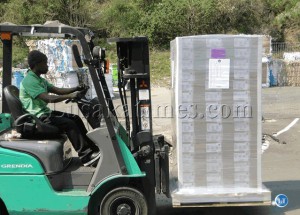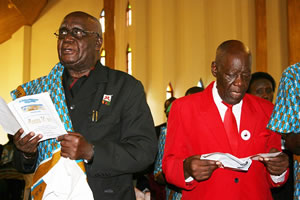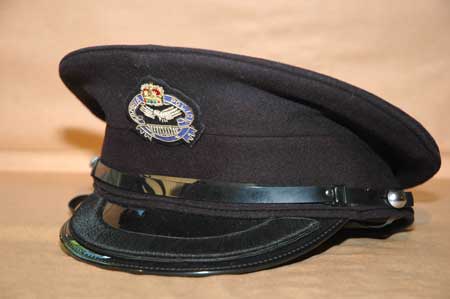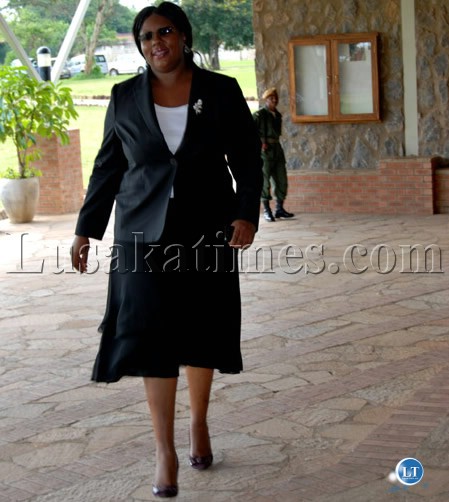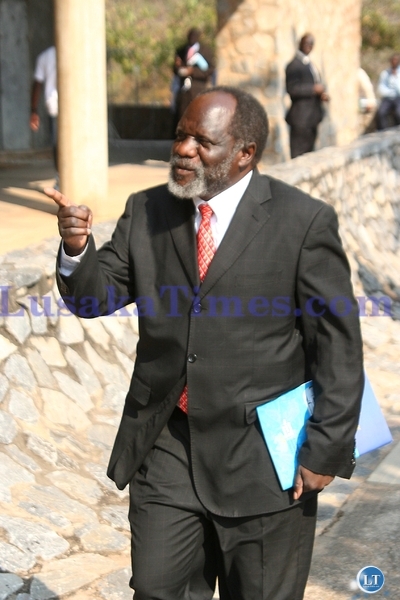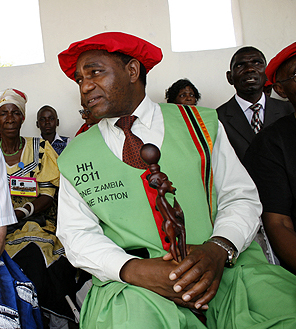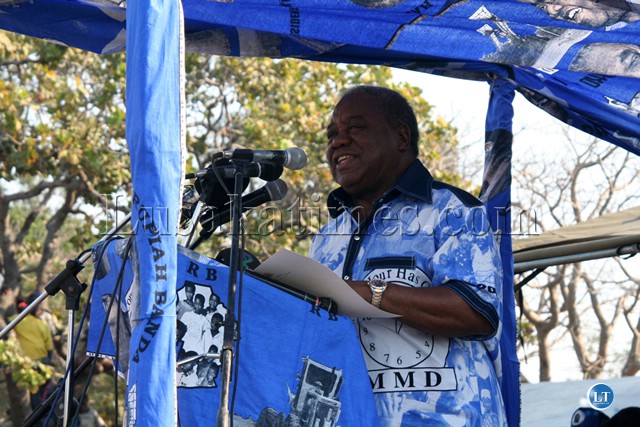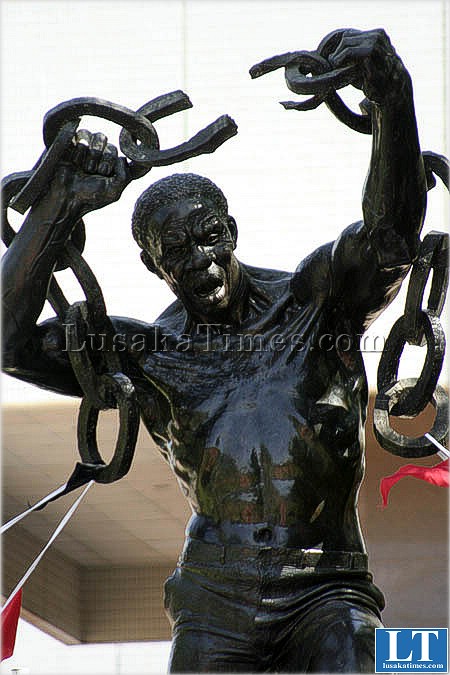
By Henry Kyambalesa
As we get closer to the general elections, one of the topical issues we ought to be pondering is our country’s current record on good governance. Zambians nationwide expect their national government to apply the elements of good governance in both word and deed, that is: transparency, accountability, rule of law, citizen participation in governmental decision making, and freedom of the press.
Let us briefly examine what each of these elements of good governance entails, as well as determine whether our country can be said to be fostering any of the elements of good governance.
Firstly, “transparency” requires members of the public to have access to information about the state, its decision-making mechanisms, and its current and planned projects and programs — except for state secrets. The procurement of hearses by the Ministry of Local Government and Housing, which President Rupiah Banda has publicly sworn to have had no knowledge of when he has been both Vice President and President, provides a good example of the lack of transparency in government.
And in June 2011, Vice President George Kunda led MMD members of parliament in shooting down a private members’ motion that could have compelled the government to release consolidated annual statistics on employment levels in the country, arguing that it was meant to embarrass the government — a clear example of lack of transparency in the governance of our beloved country.
Secondly, “accountability” entails the availability of a mechanism for ensuring that civil servants and public officials are directly accountable and liable for the outcomes of their decisions and actions, and the appropriation of resources assigned to them. The re-appointment of Dora Siliya to a Cabinet post after she was alleged to have defrauded Petauke District Council of K12.5 million in fake refund claims, mishandled the appointment of RP Capital Partners in respect of its valuation and potential sale of Zamtel, and cancellation of a duly awarded contract for the supply, delivery, installation and commissioning of a Zambia Air Traffic Management Surveillance Radar System (ZATM-RADAR) at Lusaka and Livingstone international airports provides a good example of the lack of accountability in government.
Thirdly, “rule of law” requires the existence of non-discriminatory laws and law enforcement organs of the government that are efficient, impartial, independent, and legitimate — an element that is undermined by failure by the police to arrest MMD cadres like William Banda and Chris Chalwe who have continually harassed or threatened MMD leaders who have dissenting views, opposition political leaders, journalists, newspaper vendors, and other innocent citizens.
Also, dismissals of officials who have attempted to pursue corrupt politicians regarded as sacred cows by the Republican president, selective prosecution of suspected perpetrators of corruption, and appointment of individuals found to be wanting for flouting national laws and regulations to key government positions are rife in the country.
Fourthly, “citizen participation” refers to the availability of channels and mechanisms through which the citizenry and non-governmental institutions can have a direct or indirect influence on the actions of public officials, such as the procurement of mobile clinics, which President Banda made through single-source procurement in contravention of rules and regulations limiting such procurements to emergency situations, and without initial consultation with technocrats in government ministries, the Zambia Public Procurement Authority, or primary stakeholders — the rural dwellers.
And “freedom of the press” calls for the national government to foster the development of a free press to facilitate the exposure of unscrupulous activities in institutional settings, such as the K10 billion historic theft by a civil servant at the Ministry of Health.
The role of a free press in the creation of a system of governance in which accountability, transparency, rule of law, and public participation in governmental decision making cannot perhaps be overemphasized. We should not expect our multi-party democracy to function effectively without such a system of governance.
Moreover, the effective checks and balances we seek to introduce into our system of government are not possible in a political setting where the government is a prominent player in the fourth estate — that is, the news media. Besides, the fight against the scourge of corruption (which is believed by the President to be non-existent in Zambia) is seriously undermined by public news outlets which are muzzled by the MMD and its leaders.
So, the MMD administration can hardly be said to be fostering any of the foregoing elements of good governance. If this conspicuous failure to improve our beloved country’s record on good governance is not enough to deny Comrade Rupiah Banda and the MMD another term of office, what about the unprecedented levels of poverty which have continued to haunt over 68% of our fellow citizens?
Whither my beloved country?
Currently, our country is experiencing unprecedented socio-economic problems. The healthcare system, for example, cannot meet the basic needs of the majority of citizens; tens of thousands of Grade 7 and Grade 9 students have continued to be spilled onto the streets every year; so many Zambians have no access to clean water and electricity; and a critical shortage of decent public housing has compelled so many of our fellow citizens to live in shanty townships nationwide.
Moreover, public infrastructure and services are still deficient; civil servants are still not adequately compensated for their services; a lot of civil service retirees cannot get their hard-earned benefits; crime and unemployment are still widespread; taxes and interest rates are still very high; and, among many other socio-economic ills, the constitution-making process is still fraught with personal, partisan and short-term interests.
Therefore, the soundness of political players’ contemplated policies in addressing the problems we face as a nation must be the primary consideration when we go to polling stations to cast our votes on September 20, 2011.
Our people’s demands and expectations on the government have never been clearer and louder. Unfortunately, we have continued to have a backlog of unfulfilled promises from those who have assumed the reins of power. Currently, there is extreme inertia and resistance to change within the MMD administration. After governing for nearly 20 years, the MMD government has seemingly become lax, arrogant, stubborn, and complacent.
Giving such a government 5 more years is, therefore, a sheer waste of time and public resources, because there is nothing the MMD is likely to do in 5 years which they could not have done in nearly 20 years the party has been in power.
We, therefore, need to try the Patriotic Front (PF) this time around, hoping that it will make a serious effort to address the people’s needs and expectations.


